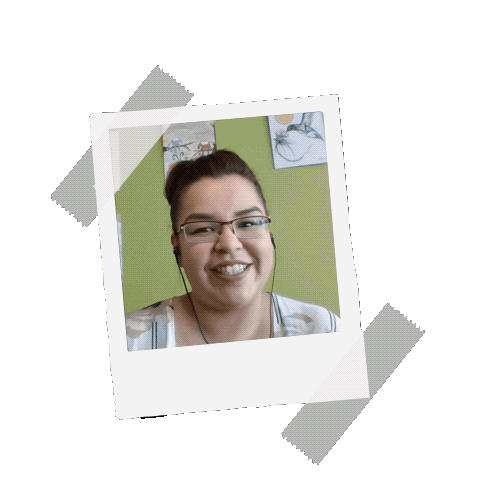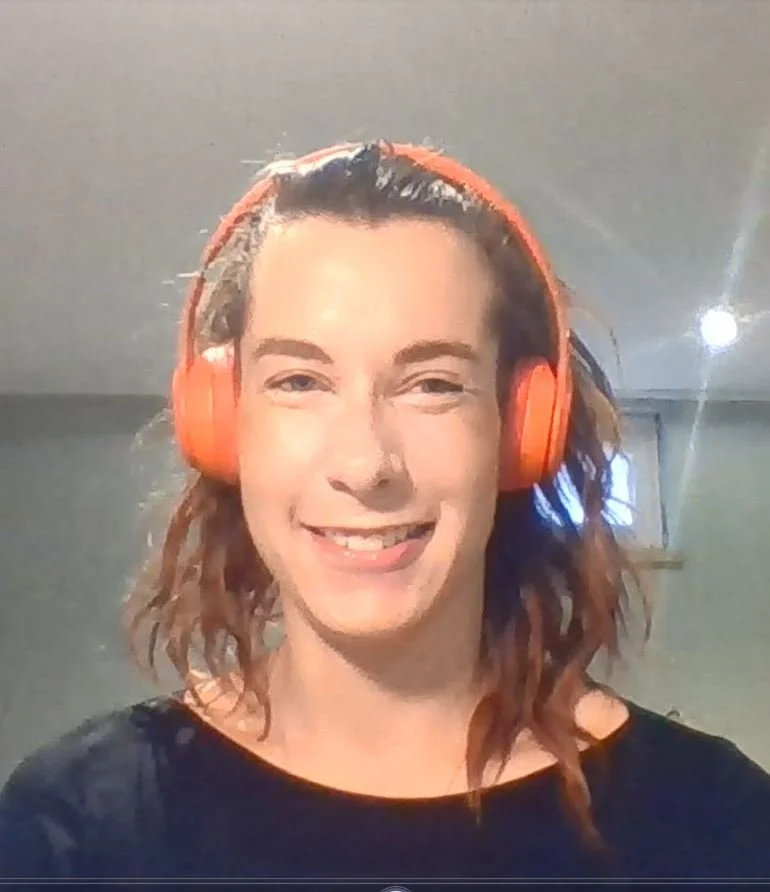
For those who come next

Documentary | Youth Partners | Digital Stories | Ways to Advocate | Contact | HeART Lab Home
Growing up in the Canadian child welfare system, these youth experienced many adversities. But, with the support of programs and community, they built resilience by connecting with their strengths. Now they’re using their stories and experiences to make change.
In this documentary short, you meet Brigitte, Jess, Kaygan, Princess, Rachelle, Susan, and Zo, who participated in national programs created by the Child and Youth Permanency Council of Canada (CYPCC), formerly the Adoption Council of Canada (ACC), in collaboration with the Centre for Addiction and Mental Health: Youth Speak Out and Digital Storytellers. These youth reflect on their pasts in the child welfare system and advocate for a better future for those who come next.
This youth-partnered film shares a story of hope, resilience, and the capacity of youth to make change when given appropriate support and opportunity. And, perhaps most of all, this film asks that we don’t allow the youth who come next to feel alone or left behind.
It will take all of us to prevent childhood maltreatment and adversity and ensure that youth do not grow up in care.
Youth-Led Recommendations for Change
✓ Become an ally to ensure the federal government acts on previous commitments and recommendations
✓ Extend the age of transition—Youth should not age out of care without permanence
✓ Create accessible trauma-informed mental health supports for youth in and from care
✓ Invest in families
✓ Prevent and Intervene in childhood adversity
✓ Advocate for the development of national standards to improve the child welfare system
✓ Address intergenerational impacts and social inequities the continue generational cycles
✓ Strengthen communities and create opportunities for youth to support youth

Meet the youth of From Those Who Come Next
-

Jessica Van der Veer
“If you care enough that you want to see a change, that's enough to be an advocate”
Jessica was adopted at six years old. She spoke in the House of Commons for the first time at age 12 and has not slowed down since. She has won numerous community awards for advocacy and volunteerism, and has created safe spaces across Canada for youth in care to support each other. She is working towards a future where no child has to feel alone in the child welfare system.
-

Princess Land
“Just going out there and being able to share your stories makes you a good advocate.”
Princess has worked as an advocate since first taking part in a youth panel about the importance of permanency. By speaking out and connecting with other youth in and from care, she has learned about the widespread issues and challenges within the system at large.
She now writes a blog to share her experiences and insights, with the hope that readers will feel less alone. This motivates Princess to keep writing and shining light on the child welfare system..
-
Kaygan Drew Beardy
“You can't rely on jurisdictions or people of authority to fix these issues. They need to have ideas and solutions to be able to do it.”
Kaygan has been advocating for years. He has a simple idea to improve the child welfare system: make communication more efficient. He wants to make sure that no youth has to wait for someone to answer an email for help.
He hopes that no child will feel neglected by the system meant to protect them.
-

R. Metatawabin
“Through active listening, you're going to learn so much more than what you already know, because the people who are speaking have a real time view of what's going on in today's world”
R became a youth collaborator with the Children’s Aid Society at the age of 15, consulting and volunteering to share youth voice. She has continued to advocate for children and youth throughout her life and is currently a youth support worker.
She works to improve the system, with the hope of breaking intergenerational cycles of poverty and trauma.
-

Brigitte Fernandez
“The real power comes from the youth themselves, and from the workers themselves, not from being a part of the system”
Brigitte aged out of the child welfare system without permanence. She communicates her experiences through poetry and prose, putting words to the more difficult events of her youth.
She wants every youth to remember they have a voice. And, perhaps most of all, to remember that they are capable of transcending even the most difficult of circumstances.
-
Susan Russell-Csanyi
“I firmly believe that no other youth should have to endure the system that we endured”
No one should age out of care into homelessness or the other many adverse outcomes that accompany unsupported youth transitions. Sustained post-majority support is an issue Susan is advocating for in British Columbia.
Once she found her calling as an advocate, she could never go back. She continues to mobilize and engage youth in decision-making, with the hope that no one will have to endure the system she endured.
She is now a campaign organizer for a group called Fostering Change.
-

Zo Amelia
“The wheels of government work slow, but I have patience. I've been doing this for 10 years. I'm gonna keep going.”
Zo was 15 when she gave her first public speech. She spoke at her foster mother’s retirement party, sharing how adoption changed her life for the better. She started to share her experiences and make change long before the inclusion youth voice was commonplace
For the last decade, Zo has been building community and advocating for change. While governmental and policy changes are slow-moving, she refuses to give up. She is currently a social worker and program coordinator.
-


Where Our Journey Starts
The programs that connected youth
Two programs created in partnership by the CYPCC and CAMH, engaged over 200 youth in and from the child welfare system, in 16 communities across Canada. These programs, offered from 2017-2020, crossed the country, forged connections, amplified the stories of youth using the arts, and engaged those who too often do not have the platform they deserve.
Youth Speak Out (YSO)
This community-based program actively engaged youth through training, support, advocacy skill-building and peer connection, with the aim of shaping policy and practice. To date, youth from YSOS have shared their views and experiences in speeches and panels with legislators, policymakers, social workers, and other decision-makers. There are now YSO teams in Edmonton, Winnipeg, Guelph, Ottawa, Toronto, Thunder Bay, Saint John and Fredericton.
Digital Storytelling (DST)
DST workshops have been conducted in cities across Canada, with over 200 participant-storytellers. During each 3-day long workshop, youth were guided through the DST process to create short, first person narrative films. In creating these digital stories, they harnessed the power of the arts to bolster wellness, and inspire both compassion and action. A collection of these digital stories can be viewed online.
Ways to advocate for change
It takes a united effort to make change. There are many ways to get started:
Connect with provincial and territorial governments and agencies to advance common goals and jointly advocate for positive changes across Canada’s child welfare systems;
Promote supportive services and resources for the permanency community (kinship caregivers, customary caregivers, foster families, legal guardians and adoptive parents); and
Amplify the stories and experiences of youth in and from the child welfare system.
Share the documentary
Listen to the podcast
Podcast created and led by youth, and supported by the Child and Youth
Permanency Council of Canada
Write a letter or email to your local representative
Find your local MP: Current Members of Parliament
Find your Provincial representative:
Alberta; British Columbia; Manitoba; New Brunswick; Newfoundland and Labrador; Northwest Territories; Nova Scotia; Nunavut; Ontario; Prince Edward Island; Quebec; Saskatchewan; Yukon
Partners
This project was made possible through generous funding from Frayme, a national knowledge mobilization network in youth mental health and substance use practices, and RBC's Future Launch Program
With thanks to the Purpleville Foundation for their generous support.

Get in touch
Connect with the researcher-filmmakers behind For Those Who Come Next.
We look forward it!











